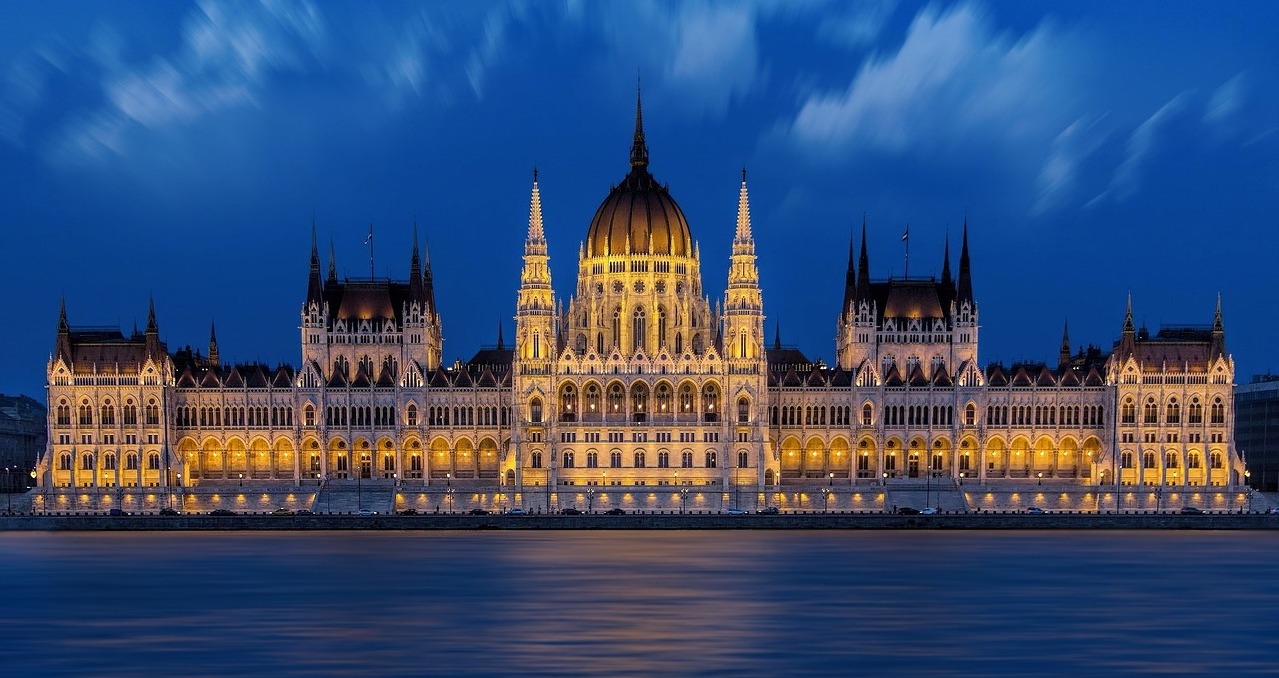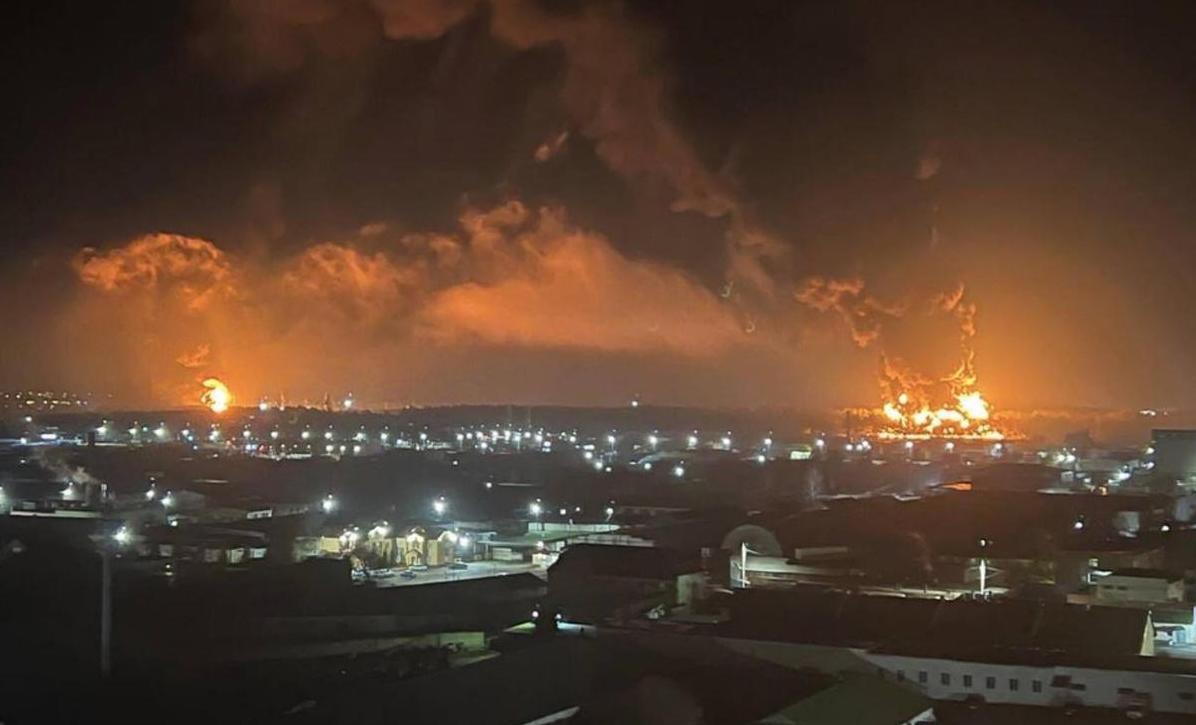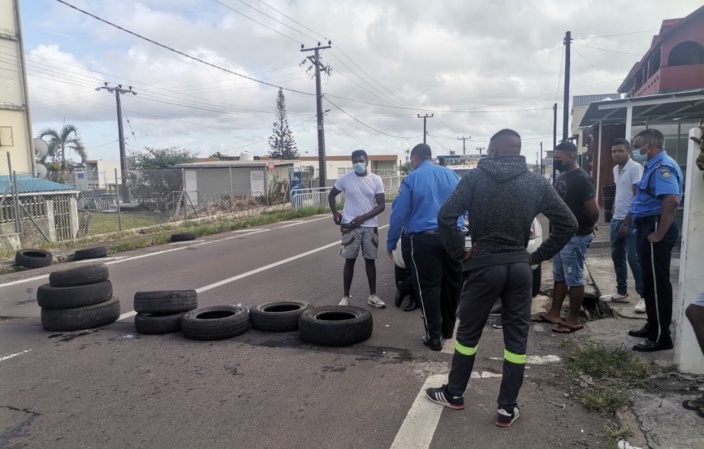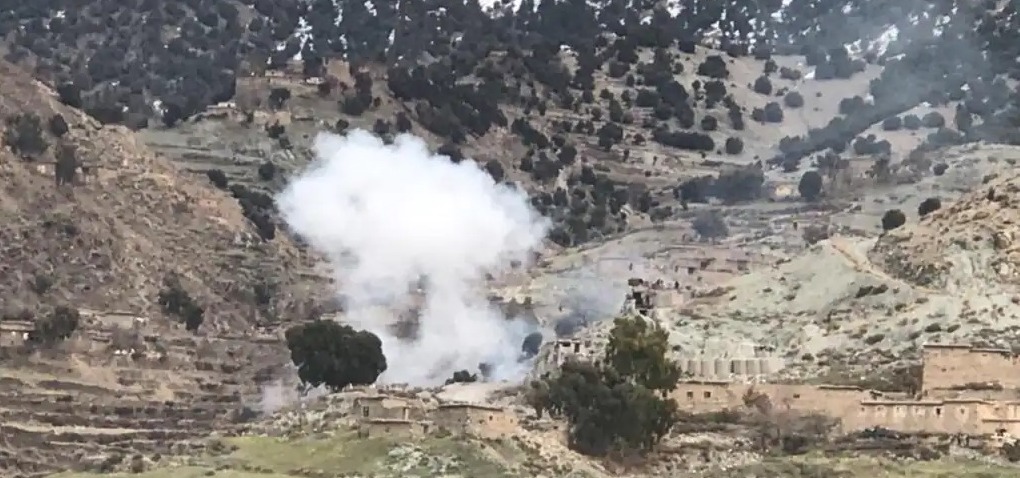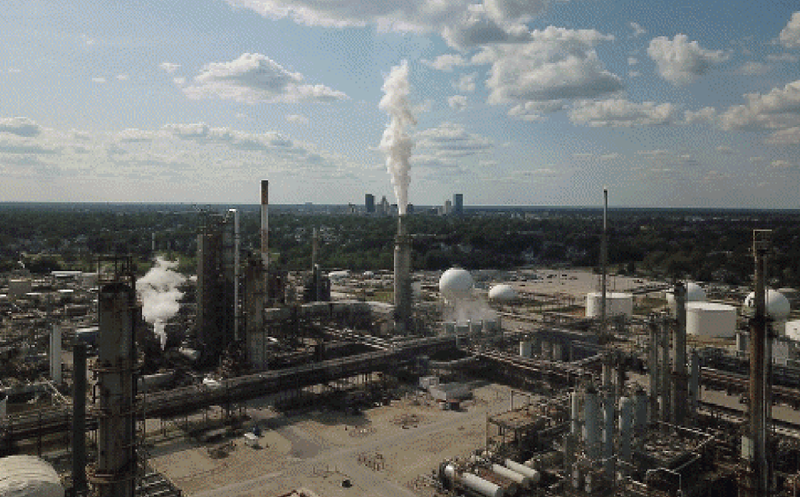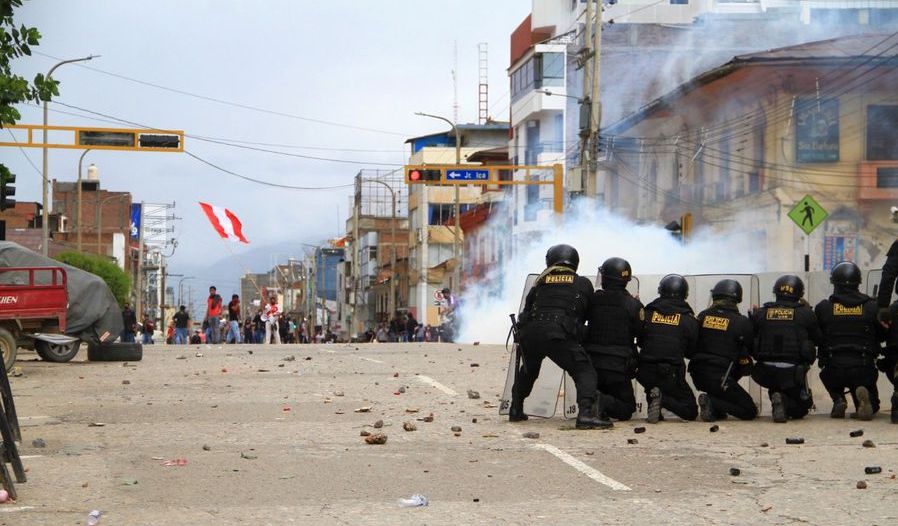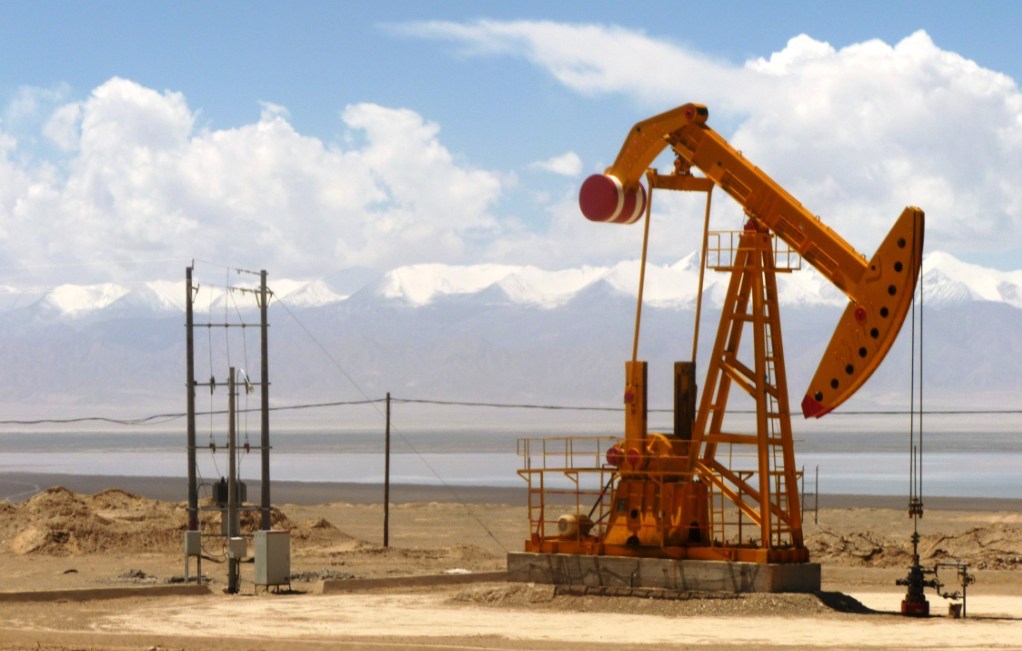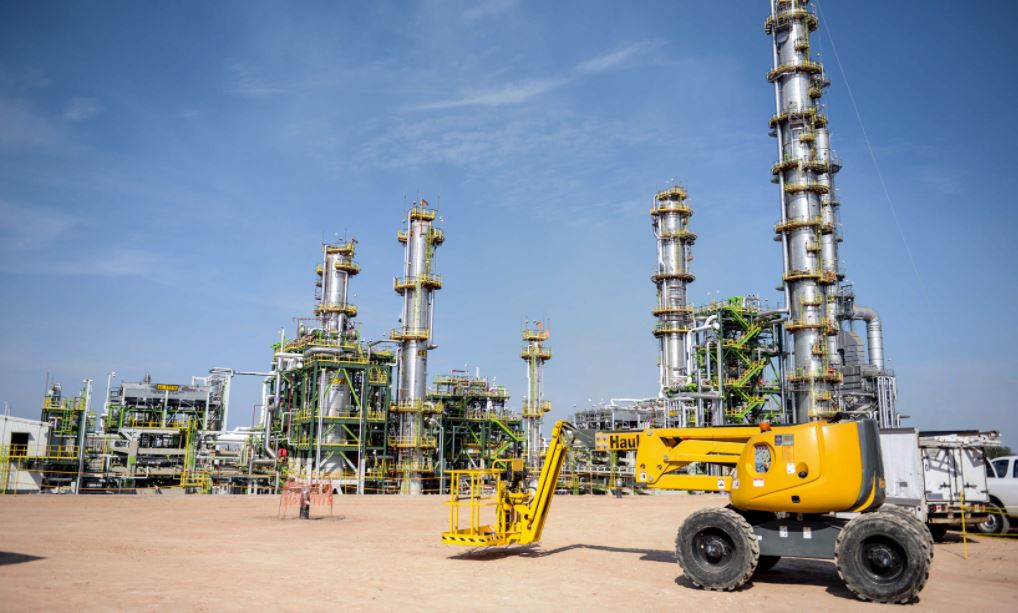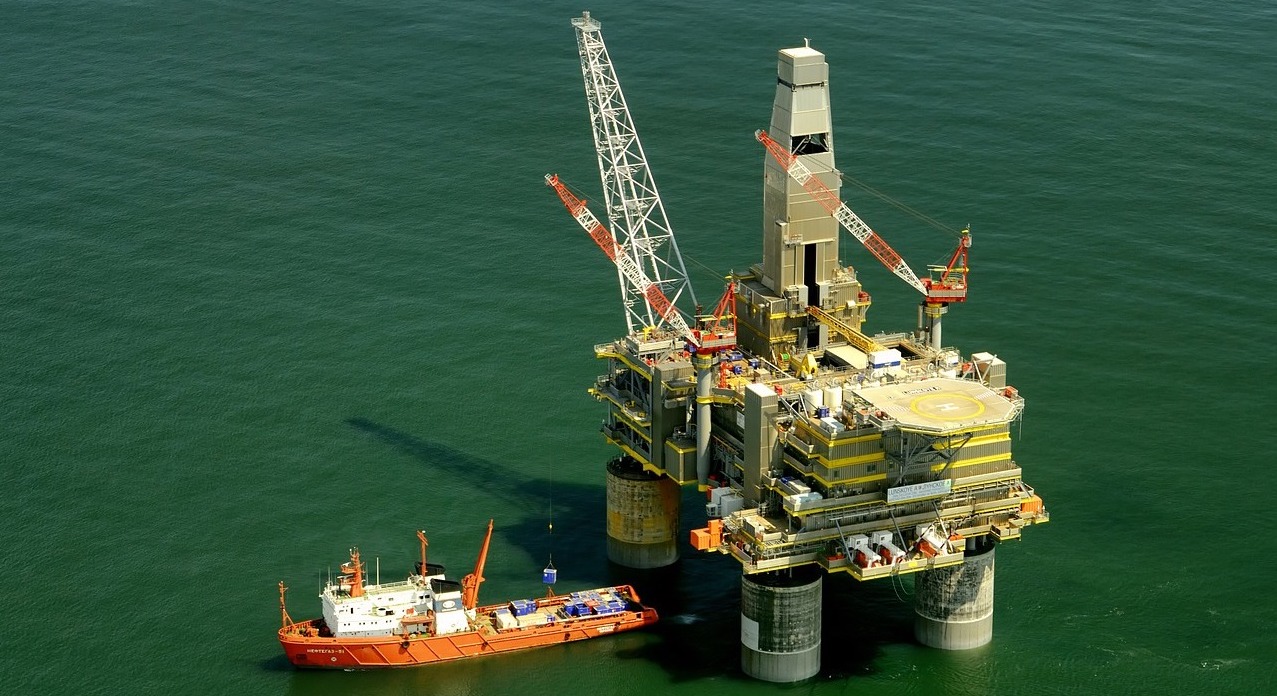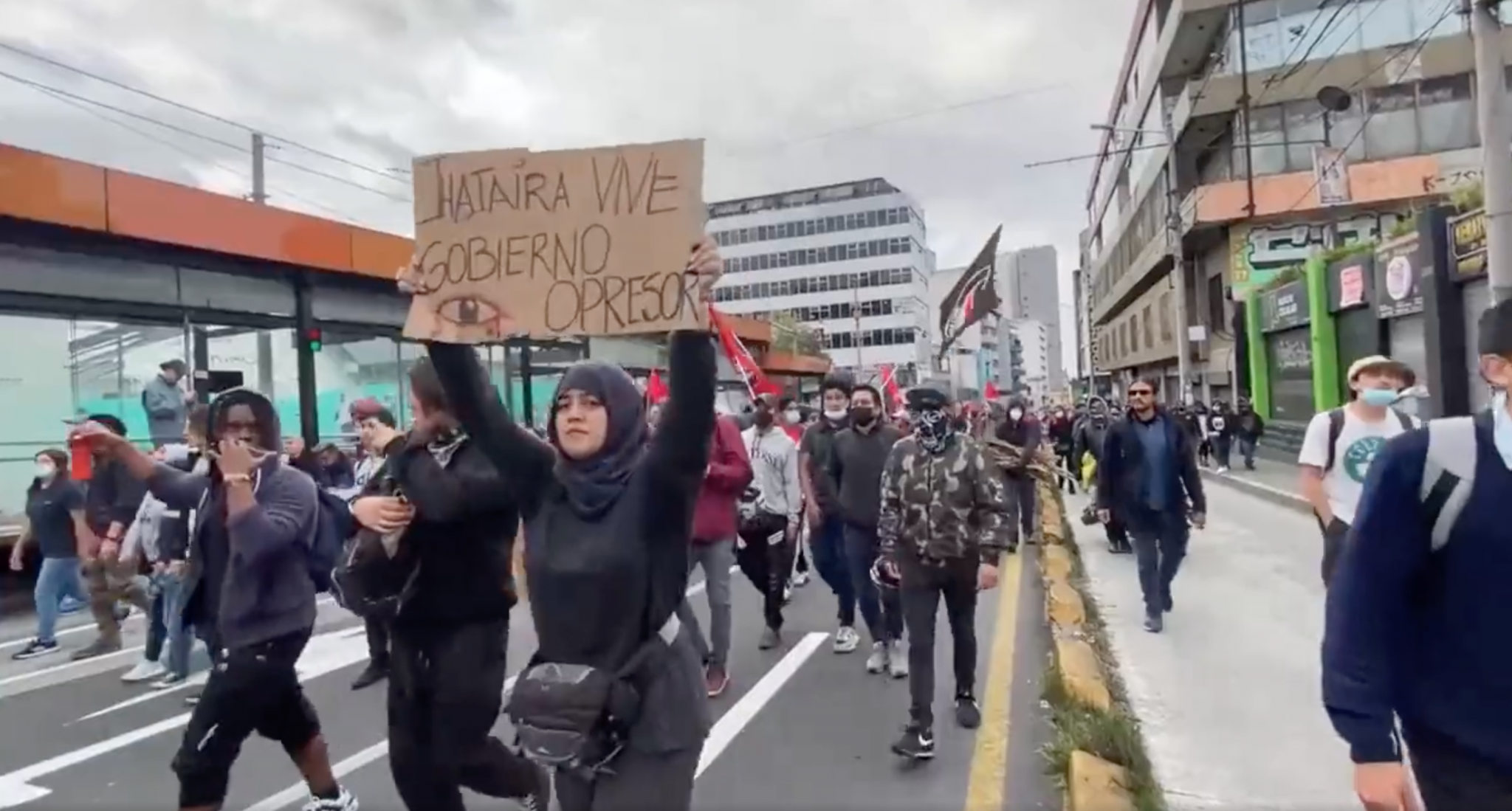
Oil spike sparks national uprising in Ecuador
Ecuador’s national indigenous alliance CONAIE announced an “indefinite” paro (general strike), in response to a sudden jump in petrol prices. Things escalated when CONAIE leader Leonidas Iza was arrested in Cotopaxi province, where he was apparently participating in a blockade of the Panamerican highway. He was held at a military base, but released the next day following angry protests over his detention and a CONAIE call for “radicalization” of the campaign. Roadblocks are reported in at least 14 of the country’s 24 provinces, including Pichincha, where the capital Quito is located. CONAIE has presented the government of President Guillermo Lasso with a list of 10 demands. These include, in addition to a drop in fuel prices, a moratorium on new oil and mineral leases, and reparations to communities impacted by extractive projects. (Photo: Kawsachun News)



